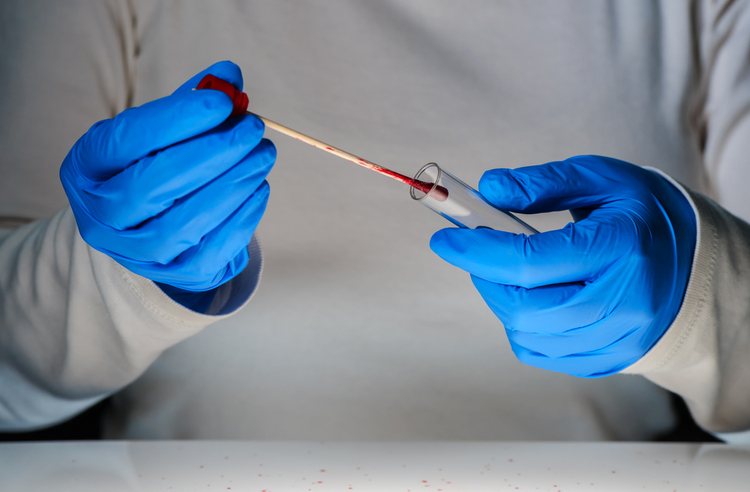Feds can take detained immigrants’ DNA, DOJ says

Image from Shutterstock.
The Trump administration announced Friday it will begin taking DNA samples from undocumented immigrants in April to assist with future investigations and efforts to reduce crime.
According to a final rule issued by the Department of Justice, the Department of Homeland Security is authorized to collect samples from “non-United States persons who are detained under the authority of the United States” under the DNA Fingerprint Act of 2005. The law already required DNA collection from individuals who are arrested, facing charges or convicted, but the agency was previously allowed to exempt migrants from the collection of samples “because of operational exigencies or resource limitations.”
NPR, USA Today, Washington Post and Courthouse News Service have coverage.
“Today’s rule assists federal agencies in implementing longstanding aspects of our immigration laws as passed by bipartisan majorities of Congress,” Deputy Attorney General Jeffrey Rosen said in a statement. “Its implementation will help to enforce federal law with the use of science.”
The American Civil Liberties Union and other privacy rights and human rights groups condemned the rule after the announcement Friday.
“Congress should immediately prevent any taxpayer dollars from being used to fund this xenophobic program, which seeks to further dehumanize immigrants in detention and raises significant civil liberties and privacy concerns,” Naureen Shah, senior advocacy and policy counsel with the ACLU, said in a statement provided to Courthouse News Service.
The ACLU and more than 35,000 of its supporters submitted public comments that urged the administration to abandon the rule after it was first proposed in October, Courthouse News Service also reports.
In its statement, the Department of Justice said the rule ensures that all federal agencies are in compliance with the DNA Fingerprint Act of 2005. After its passage, the FBI created the Combined DNA Index System, or CODIS, where the detained immigrants’ DNA profiles will now be stored and shared by all 50 states, the District of Columbia, Puerto Rico and federal law enforcement agencies.
“The FBI’s laboratory has the capacity to handle the increased input from DHS, and its capabilities can be scaled up to meet additional capacity,” according to its statement.



